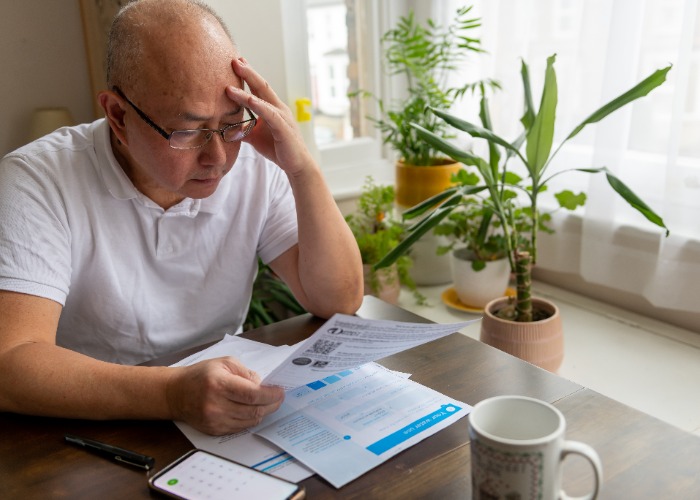loveMONEY opinion: soaring Council Tax requires urgent attention

News that millions of households could face Council Tax hikes of up to 25% is merely the latest indication that this bill is rising too fast for many households to keep on top of. Something has to change soon.
The staggering pace of Council Tax hikes shows no signs of slowing, with more than four million people facing hikes of up to five times the legal limit.
Normally, 4.99% is the maximum increase councils can impose on taxpayers without holding a referendum. However, councils who say they are at risk of bankruptcy can apply for permission to impose a larger increase.
Seven have already applied for an increase of between 10% and 15%, while one - Windsor and Maidenhead - wants a staggering 25% increase.
The Daily Mail estimates around 4.4 million across these eight districts would be affected by the proposed hikes.
Speaking to the newspaper at the weekend, Benjamin Elks from the campaign group TaxPayers’ Alliance said taxpayers were "fed up with having to pick up the tab for reckless councils".
He added: “As hard-working households across the country tighten their belts, local authorities are refusing to rein in their out-of-control spending, squandering cash on pointless pet projects.
“It’s high time town halls focused on delivering core services efficiently, not asking local residents to keep funding their dangerous addiction to spending.”
See if you could cut your Council Tax bill
Why Council Tax is uniquely concerning
Soaring Council Tax bills isn't a recent phenomenon, either: analysis released last year highlighted how bills outstripped inflation by a staggering 50% between 1998 and 2023.
Regular readers will know that it's a topic we regularly revisit here on loveMONEY.
That's because the levy represents a unique challenge to monthly budgets in that it's long been one of the biggest outlays most households face and, unlike most other taxes, it is rising dramatically each year regardless of household income.
Consider the following: for the 2021/22 financial year, the typical Band D household was hit with a Council Tax hike of £81, which was followed by a hike of £65 in 2022/23.
The hike last year worked out to roughly £99 while households have had to find an extra £106 this time round.
Finances already under pressure
Now, on the face of it, Council Tax hikes might not seem like a huge deal.
For the typical Band D property, this year's hikes worked out to less than £11 a month spread over 10 months.
But each year, the increase to a typical bill works out slightly larger even if the percentage change remains the same, effectively compounding over the long term.
And, of course, these hikes don't exist in isolation: in the last few years, household finances have been hammered first by the pandemic lockdowns and then by the cost of living crisis.
Many households don't have the money to cover existing bills, let alone soaring Council Tax.
We've already seen evidence of this: last Summer, the Money Advice Trust revealed how Council Tax arrears had rocketed 69% over the last five years, and 10% in the previous 12 months.
Given the latest dramatic hikes implemented in April, the number of people struggling will likely keep rising.
The situation will hardly be helped by the fact that numerous councils have announced plans to reduce the level of Council Tax financial support they offer, meaning tens of thousands of low-income households will either lose their discounts or have to pay the tax for the first time.
Struggling to pay your Council Tax bills? Visit this Citizen's Advice page for help
This isn’t solely the fault of councils
It’s worth emphasising that this problem isn’t just down to the councils themselves.
It’s no secret that the funding they receive from central Government has been slashed in recent years, leaving councils already having to make difficult decisions about where they spend money and how much they charge residents.
Things can’t carry on this way
As we highlighted in this earlier article on rising Council Tax debt, things cannot carry on in this fashion.
Massive increases year after year are becoming unsustainable ‒ the Government desperately needs to review the way that it funds councils.
But we also need fresh thinking when it comes to handling the arrears that build up.
More support for Council Tax support schemes ‒ which allow some to apply for Council Tax reductions ‒ to help prevent the arrears being built up at all, would be a good start, while a more flexible approach to collecting the money owed is also badly needed.
Struggling to pay your Council Tax bills? Visit this Citizen's Advice page for help
Comments
Be the first to comment
Do you want to comment on this article? You need to be signed in for this feature